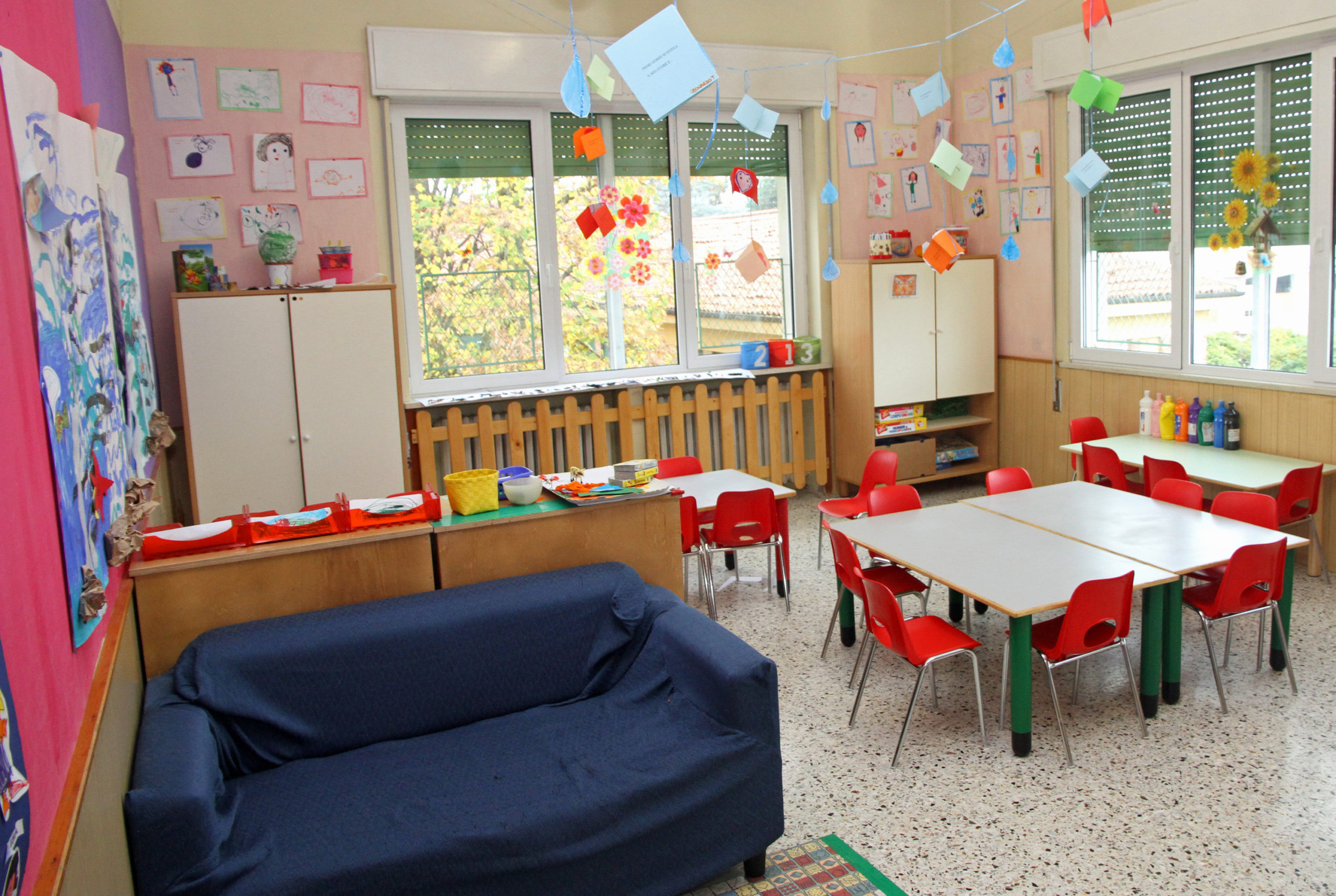Finding good child care is hard. You usually need to find a program that is available immediately, affordable, and close to your home or work. But it is definitely worth the extra time to find the right program for your child. In addition to knowing that the people caring for your child will treat him/her as you do, it’s important to know how they will help your child learn. The time your child spends away from you is also very important for their development.
A quality child care/early learning or after-school program will make sure:
- Your child is safe
- Your child’s teachers support and challenge your child
- Your child learns important academic skills like language and numbers, as well as how to play well with others and follow directions.
- You and your child feel supported.
- Your child is more likely to be ready for Kindergarten, do well in school, graduate high school and go to college.
Where do you start?
- Start early. Many good programs have waiting lists, so you may want to start looking before he/she is even born! The best time to sign up for pre-K or Kindergarten is in the spring (March – May) before the school year you want him/her to start.
- Think about what kind of atmosphere you want.
- Use quality guidelines, such as the Keystone STARS program. You may want to start your search with Keystone STARS programs in your area.
- Keystone STARS measures the things that you care about for your child (qualified teachers, curriculum and activities that support your child’s active learning, and ways to support families.)
- If you want to talk with someone to help decide what services are best for you, contact your county’s Early Learning Resource Center.
- Plan to visit at least two programs and take your child with you when you go.
What to look for?
Here are key things to look for when visiting a child care/ early learning program.
- Programs meet their regulations and have their certificate posted. Child care programs are regulated by the Pennsylvania Department of Public Welfare.
- Head Start programs are regulated by the federal government.
- Preschool or Pre-K programs can be regulated by either the Department of Public Welfare, registered with the Department of Education, or regulated by the organization that runs them.
TIP: Ask the program who they are regulated by and if they’ve had any complaints or violations. Complaints and violations for DPW-regulated child care programs are posted on the state’s COMPASS website
- Staff are trained in CPR and first aid.
- The facility is clean and orderly.
- There is an emergency plan and it is clearly posted.
- Hazardous materials are locked away.
- Staff follow regulations on hand-washing, diapering and preparing food.
- Staff have been trained in preventing, recognizing, and reporting child abuse.
- The program has an open-door policy where you can visit any time you want.
- There are good teachers and specialists that support you and your child.
Your child’s teacher shapes his/her whole day, and affects who your child will become. The quality of the teacher is one of the most important pieces of a child care/ early learning program.
- You and your child get along well with the teacher or home visitor.
- Your child’s teacher has some education in child development or early childhood education, like a Child Development Associate (CDA) credential or college degree.
- Teacher retention
- Teachers and home visitors encourage children to safely explore and try new things.
- Children are comfortable, happy, and involved in the classroom.
- Teacher handle conflict in a positive manner.
The atmosphere is kid-friendly with learning areas and activities that are right for your child’s age and development.
- Young children learn by exploring and using many skills at once. Classrooms need to be designed to fit them with activities that work best for them.
- Everything is at kid level. There are learning stations, books and activities that are not too easy or too hard for the children in the class (called developmentally appropriate).
- The teacher has a daily schedule and curriculum based on the Pennsylvania Early Learning Standards.
- The teachers uses close observation and authentic assessments to see how the child is progressing throughout the year. The teacher communicates with you about their progress.
- The class sizes are small enough that teachers have time to work one-on-one with your child throughout the day.
For child care programs, state regulations for group child care homes and child care centers require.
- one staff person for every four infants (1:4)
- one staff person for every five 1-2 year olds (1:5)
- one staff person for every six 2-3 year olds (1:6)
- one staff person for every 10 3-4 year olds (1:10)
- one staff person for every 12 children in Kindergarten- 4th grade (1:12)
- one staff person for every 15 children older than 4th grade (1:15)
TIP: If the classroom has children of different ages, or a mixed-age classroom, the ratios are a bit different.
Narrowing your choices is just the beginning.
It’s very hard to pick a program based on a phone call or short visit. You will get a real feel for the program after your child has been there for a few weeks.
- Once you’ve made a decision, try to make a few surprise visits at different times during the day to see how things are going. Many programs will schedule a meeting with you within 45 days of your child’s enrollment.
- Ask your child how he/she is feeling. Is he excited or sad about going back each day? All children will need time to get used to the new routine, but if they seem unhappy about going back every day after the first few weeks, talk to the child’s teacher.
For more information on how child care, Head Start, and pre-kindergarten programs are regulated, Keystone STARS, and free or low-cost education programs for young children, visit “Find the Right Childcare” from Pennsylvania’s Promise for Children.
Need more: Email us, check out our other resources, or join our list to be the first to receive announcements.
More information
Looking for more information on finding a great school? Check out all GPS articles.
Sign up for our GreatPhillySchools mailing list to stay in the loop and receive updates about application deadlines, learning resources for students, schools with open seats, events and more.




